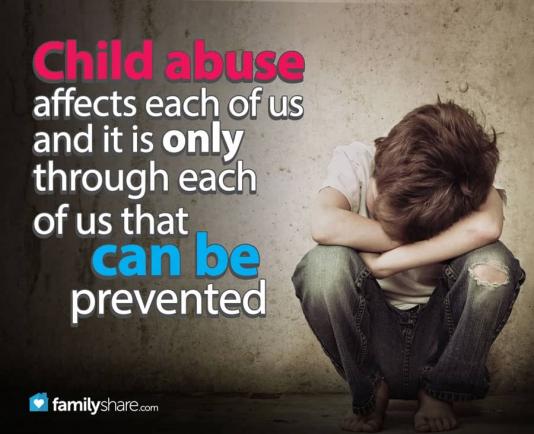
My mother was sexually abused by her father for fifteen years. Because of the abuse, she was diagnosed with Dissociative Identity Disorder, also known as Multiple Personalities. When I had children, I promised myself that I would do all I could to keep them from abuse.
After much research, I have learned two important aspects of safeguarding our children from this kind of trauma. First, we must teach our children about sexual abuse. Second, we must take the necessary precautions to avoid it.
Teaching our children about sexual abuse can be an uncomfortable conversation, but it is a conversation that we must have. Here is a list of suggestions on how parents can make that conversation happen.
-
Set a specific time for the conversation in a place where you will be uninterrupted by other things. You can speak to all of your children together in a family meeting, or separately.
-
Teach your children that their bodies are special and good and that there are some parts of their bodies that are private that no one should ask to see or touch.
-
Make sure your child clearly understands which parts of their body are private. You can help them understand this by having them think of their bathing suit and by telling them that all of the parts that are covered by their bathing suit, or underwear, are body parts that are private.
-
Teach your children that it is okay to say no to an adult if the adult is asking them to do something that they are uncomfortable with.
-
Teach your children that it is okay to say no to other children if they are uncomfortable with a situation.
-
Teach your children that they have agency and that they are in control of their own bodies.
-
Teach your children to respect the privacy of others and to expect privacy for themselves.
We are not always with our children, but we can set safety measures that will help them to avoid abuse in their lives.
-
Talk to your children regularly. Communication teaches our children that if they feel uncomfortable about a situation, they can talk to us about it and we will listen.
-
Set weekly family meetings. In these meetings, discuss your children's lives and what's happening in them.
-
Know the adults and children your children spend most of their time with.
-
Don't allow your children to play with other children or spend time with adults in secluded places where they can't be seen or heard.
-
Make drop-in visits to your children's care-giver. Talk to the other parents and get a feel for the atmosphere.
-
Ask your children specifics about their day and the people they associated with.
-
Do not allow your children to do door-to-door fundraising.
-
Teach your children not to go into a stranger's house without you or another trusted adult.
-
Do not allow your children to go on sleep-overs. In our home, we have late-overs. This is a late night where we will allow friends to come over and watch a movie until 10:00 PM. Then everyone will go to their own home to sleep. My mother was abused while on a sleep-over by someone my grandmother trusted.
-
Never put your children's welfare in the hands of someone else unless you know they will be safe.
If we take these important steps and precautions, it is far less likely that abuse will have a part in the lives of our children. We may not be able to keep our children in a bubble, but we can protect them through education and prudence. Knowledge is power and caution is key.

